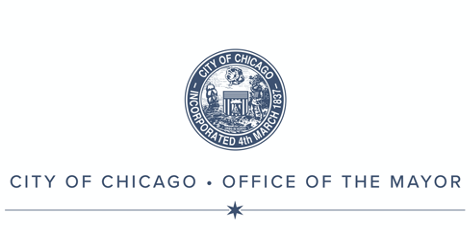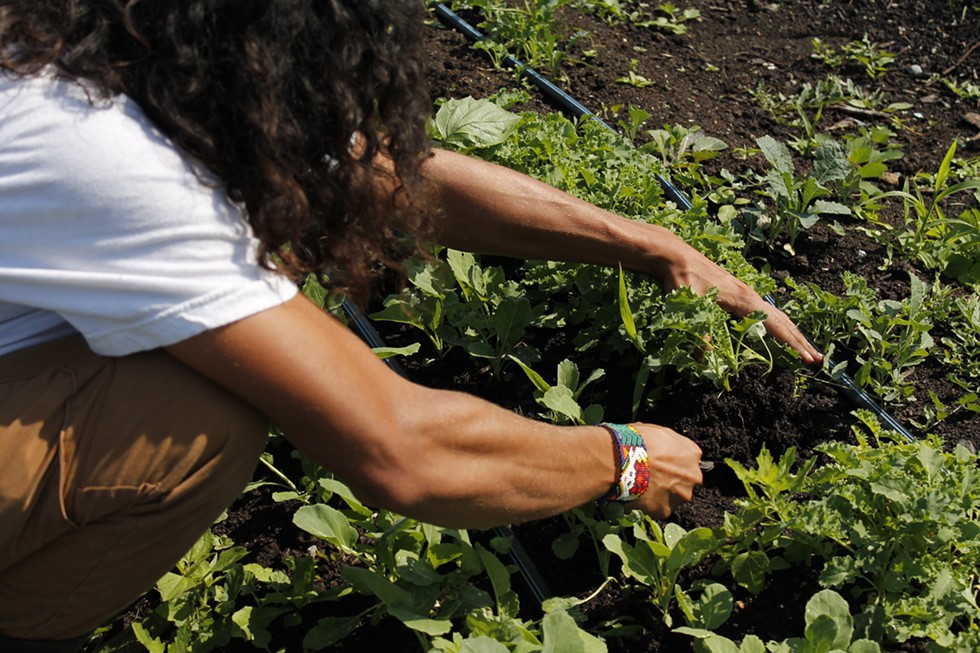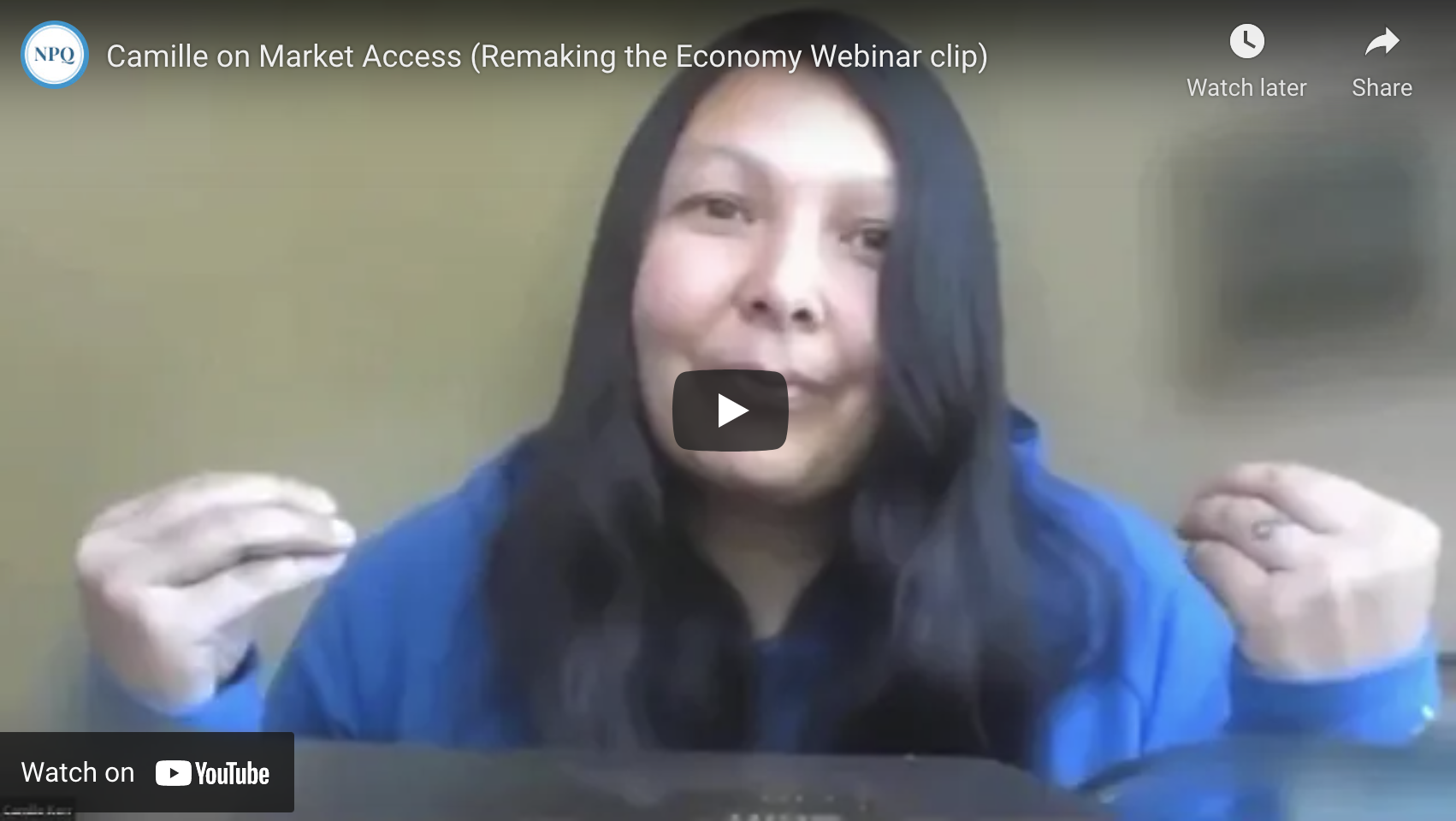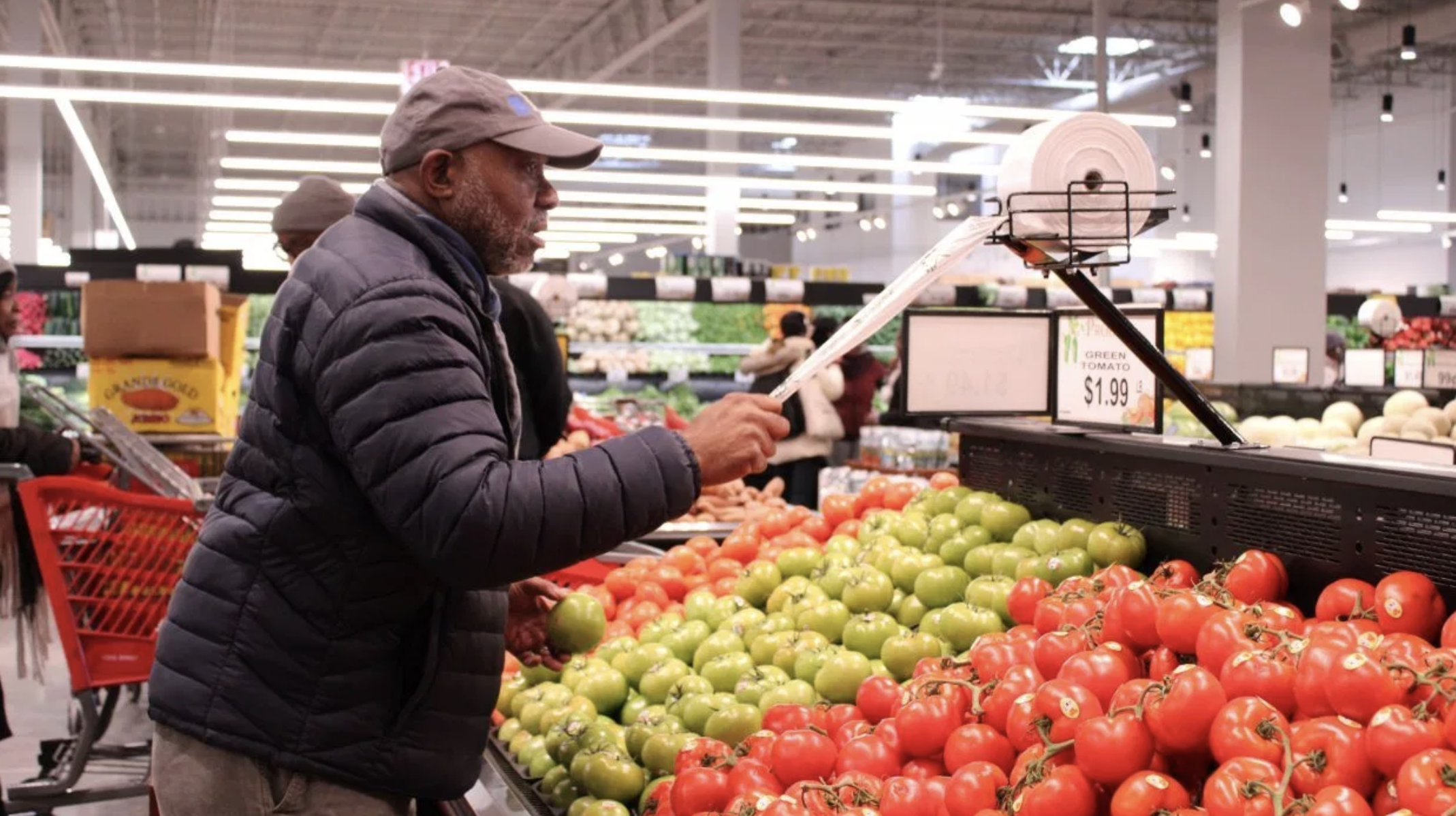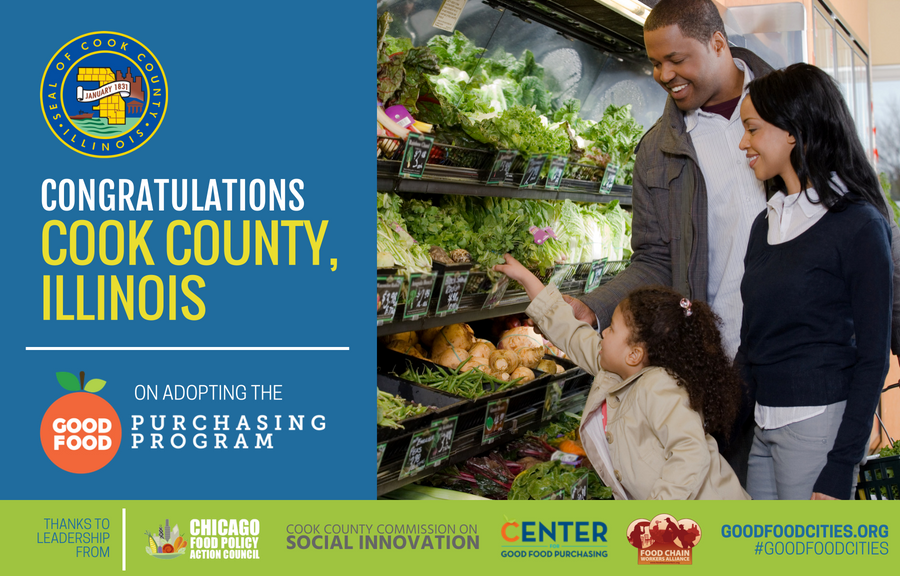Mayor Lightfoot and Community Leaders Release Food Equity Agenda for Chicago
Press Release
CHICAGO – Mayor Lori E. Lightfoot today announced the Food Equity Agenda, a multi-year effort, co-created in partnership with a cross-section of community and City representatives, to transform the food system by removing barriers to urban farming, supporting BIPOC food entrepreneurs, and better connecting residents with nutrition programs and healthy, affordable food.
“Long before a pandemic struck Chicago, food and nutrition insecurities were already plaguing many of our communities—particularly those on our South and West Sides,” said Mayor Lightfoot. “That’s why I am proud to announce this multi-year agenda, which will combat these inequalities at their core by supporting food entrepreneurs from underrepresented backgrounds and improving our residents’ access to healthy and affordable food. Through this effort, we will be able to build stronger and healthier communities for years to come and root equity and inclusion at the heart of our food ecosystem.”
Over the fall of 2020, the Mayor’s Office, the Greater Chicago Food Depository, and the Departments of Public Health (CDPH) and Family and Support Services (DFSS) convened a cross-sector working group of City and community food system experts to review past food plans and identify emerging opportunities. The working group collectively identified five high-impact priorities to advance in the coming years. These priorities include:
- Eliminate barriers to food pantry expansion
- Market and maximize nutrition programs and benefits
- Leverage City and institutional procurement to support local BIPOC growers, producers, and food businesses
- Eliminate barriers to urban farming
- Support BIPOC food businesses and entrepreneurs, especially with access to capital
“For generations, systemic inequities and racial injustice led to higher rates of poverty and food insecurity in Chicago’s communities of color. The pandemic worsened these disparities,” said Kate Maehr, Executive Director and CEO of the Greater Chicago Food Depository. “As Chicago works to emerge from this crisis, we have an opportunity to create an equitable food system that provides nourishment, health, and economic benefits to every neighborhood.”
Food insecurity remains significantly above pre-pandemic levels in the Chicago metro region at 19% overall with rates amongst Latinx communities at 29% and Black communities at 37%. Black and Latinx community members, particularly in neighborhoods on the South and West Sides, do not have sufficient access to healthy, affordable food, and experience disproportionately worse health outcomes, including life expectancy, compared to white Chicagoans. People with disabilities also face structural barriers to accessing healthy food and nutrition.
“The Food Equity Agenda is a step forward on Healthy Chicago 2025, the City’s plan to reduce our life expectancy gap. These community co-led strategies address the root causes of health like poverty and racism – in this case within the food system,” said Dr. Allison Arwady, Commissioner of the Department of Public Health. “This agenda, supported by a new advisory council and whole-of-government approach, will provide the coordinated support that is needed to promote access to healthy, affordable food and advance a more equitable and just food system.”
“Access to healthy food options is essential to the well-being of all Chicagoans,” said DFSS Acting Commissioner Brandie Knazze. “Food insecurity is becoming an unfortunate reality for more and more Chicagoans. The Mayor’s Food Equity Agenda guides us in the right direction and provides the kinds of solutions our residents deserve.”
The Food Equity Policy Agenda also includes the formal establishment of a new Food Equity Council made up of City departments, community leaders, academic experts, and other stakeholders representing perspectives across the food system. Formalizing the Council was identified as a critical step to bring greater transparency, accountability, and collaboration between departments and community groups to the City’s food systems work. The Council will advance the five short-term priorities to address immediate need as well as the root causes of food and nutrition insecurity. It will also have shared leadership from both City and community representatives.
“We are excited to see the City’s commitment to holistically address the interconnected issues required to build an equitable food system in Chicago, including local, healthy food procurement through the Good Food Purchasing Policy, support for empowering communities to grow their own food through urban agriculture, and investments to build community wealth,” said Rodger Cooley, Executive Director of the Chicago Food Policy Action Council.
With support from the Greater Chicago Food Depository, the City is hiring a Food Equity Policy Lead to join the Mayor’s Office, staff the Council, and advance the five priorities. The full Chicago Food Equity Agenda can be downloaded online at www.chi.gov/foodequity.


